
My Opinion | Jul 13,2020
Jul 18 , 2021
By Christian Tesfaye
Over the past two decades, there have been two significant economic challenges that have been a headache for policymakers. One is the foreign currency shortage, which famously led Sufian Ahmed, former Finance Minister, to remark that it would not be addressed in his lifetime. Indeed, as businesses across the country can attest, it is unlikely to be.
The other thorn in the nation’s economy is inflation which, in a good year, would be just double the global rate of about three percent. Currently, it stands at 24.5pc, one of its highest levels in about a decade. The pain is most felt by consumers, unlike businesses that can simply choose to transfer the increase down the chain. But high inflation is not merely putting a burden on people’s consumption. The main pain it exacts is over depreciating the value of their wages and savings. It is an unofficial tax on citizens, and even more so in Ethiopia.
It is possible to survive these times of high inflation. One needs to be smarter with their investments, granted there are not many of them out there as far as Ethiopia is concerned. In most developed countries, inflation becomes an issue when the central bank begins quantitative easing to buy government bonds. It is a fancier, less obvious way of printing money, but it is the same logic. Inflation pokes its head as a result, as it is doing now in the United States.
Most investors will then begin unloading their dollars through currency trading. If each dollar is going to depreciate in value, as its ability to buy goods and services takes a hit, better get rid of it for another currency still holding strong. This is not allowed in Ethiopia, as monetary policy is still pretty tight. The same also goes for investing in cryptocurrencies, which have risen in a few years to become popular investment options.
Another alternative is the stock market, especially on mortgage-backed securities. As in Ethiopia, in times of a depreciating Birr, the values of assets such as houses grow. It is even a good idea to go into debt, or buy debt, to buy a house or some other property such as a car. Vehicles are good investment options in Ethiopia, unlike in the developed world, where the value of cars depreciate over time. Debt is borrowing money now to return it at another time – since the currency is depreciating, a million Birr borrowed now will be worth more in a years time, even with interest rates factored in.
Unfortunately, this will only work for people with large capital. For people who have modest savings, say half a million Birr, it is hard to afford to buy even a car these days. Neither is it possible for such savers to turn to banks for loans – to start a business or buy an asset – as the requirements for getting credit is tied either to collateral or at least having a close relationship with bank executives high up.
What is left then?
The introduction of a capital market is promising for Ethiopia. It requires a lot of work, especially as the ecosystem of brokers and dealers is missing. But it can provide the public with crucial investment options in financial institutions and new start-up listings.
Until then, it is perhaps best to consider investing in certain types of products unlikely to be affected by inflation. Businesses may try and carry the higher costs of sourcing and production, but at some point, they will be forced to transfer them to consumers. This could be bad for the business, but it has all to do with “elasticity.”
Higher prices will hurt hoteliers or restaurants, as they provide luxury services. Importers of, say, packaged spreads such as jam, will also lose demand as there are cheaper local alternatives. These goods and services are elastic in demand.
But consider public transport. Commuters do not stop using them merely because the price has jumped since it is a service that they could not go without for long. They either have to stop going places that are not within walking distance or buy a car. But no one has a problem foregoing a bottle of champagne, thus bad news for liquor stores.
Inflation provides the incentive to look for alternative ways to save money. The worst thing one can do is consume away on dining out or buying that sixth jacket. Much more preferably for modest savers is to invest in a business that specialises in essential goods and services – the sort that people will not stop consuming because it is more expensive than it used to be some time ago.
PUBLISHED ON
Jul 18,2021 [ VOL
22 , NO
1107]


Sunday with Eden | Apr 06,2019

Fortune News | May 17,2025
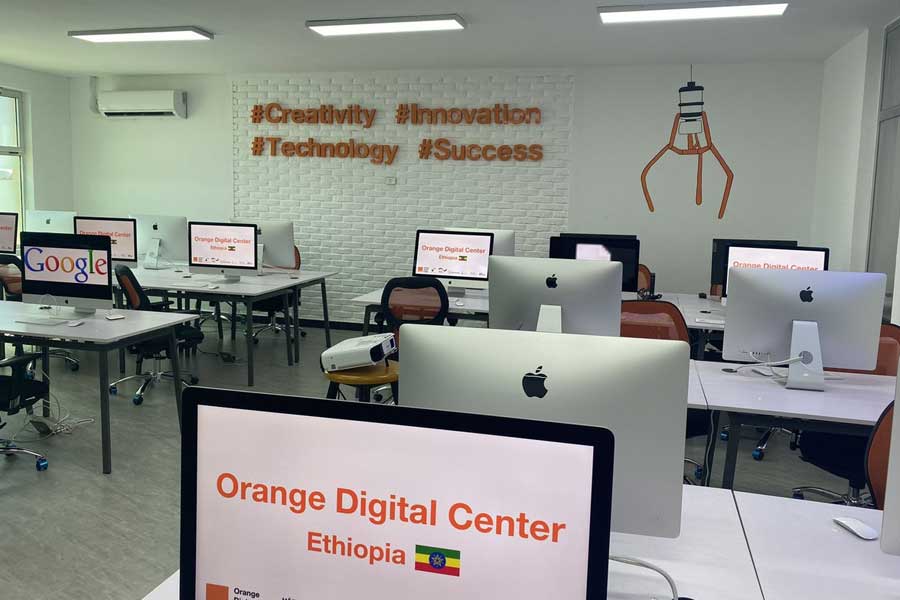
Fortune News | Feb 27,2021

Commentaries | Apr 15,2023

Editorial | Jul 01,2023

My Opinion | 132620 Views | Aug 14,2021

My Opinion | 129066 Views | Aug 21,2021

My Opinion | 126934 Views | Sep 10,2021

My Opinion | 124523 Views | Aug 07,2021

Dec 22 , 2024 . By TIZITA SHEWAFERAW
Charged with transforming colossal state-owned enterprises into modern and competitiv...

Aug 18 , 2024 . By AKSAH ITALO
Although predictable Yonas Zerihun's job in the ride-hailing service is not immune to...

Jul 28 , 2024 . By TIZITA SHEWAFERAW
Unhabitual, perhaps too many, Samuel Gebreyohannes, 38, used to occasionally enjoy a couple of beers at breakfast. However, he recently swit...

Jul 13 , 2024 . By AKSAH ITALO
Investors who rely on tractors, trucks, and field vehicles for commuting, transporting commodities, and f...
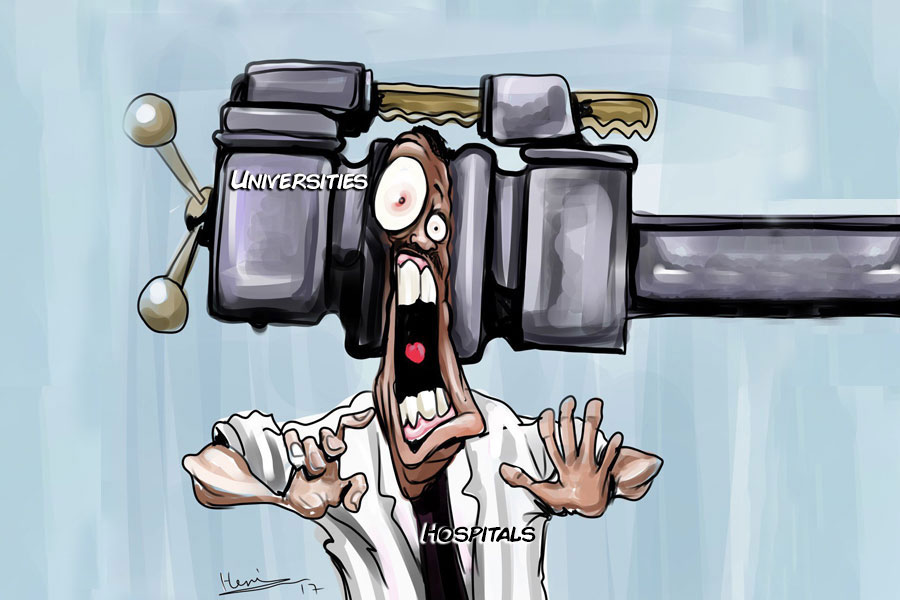
Jul 26 , 2025
Teaching hospitals everywhere juggle three jobs at once: teaching, curing, and discov...
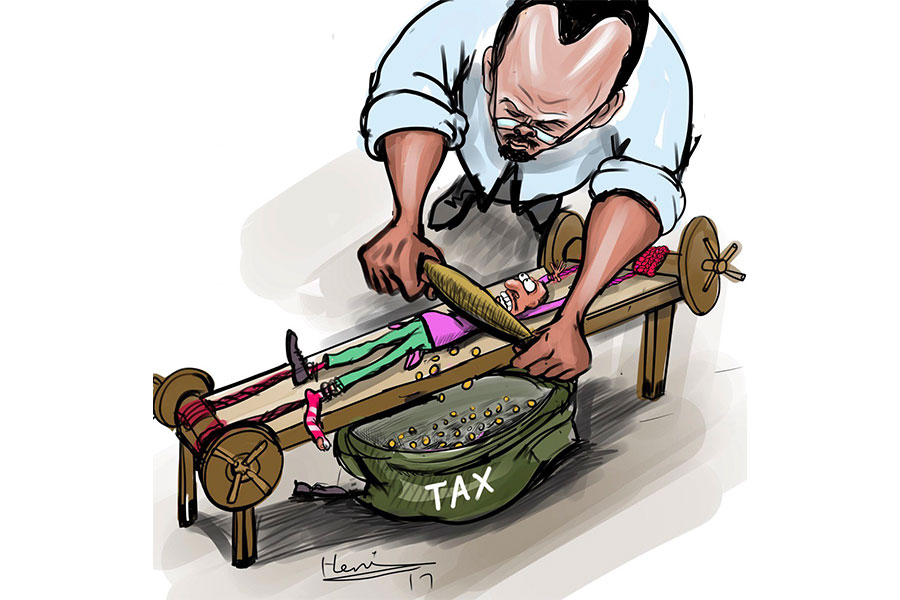
Jul 19 , 2025
Parliament is no stranger to frantic bursts of productivity. Even so, the vote last w...

Jul 12 , 2025
Political leaders and their policy advisors often promise great leaps forward, yet th...

Jul 5 , 2025
Six years ago, Ethiopia was the darling of international liberal commentators. A year...

Jul 27 , 2025
The Bank of Abyssinia has gone all-in on paperless banking, betting that biometric log-ins and touch-free kiosks will save it hundreds of mi...
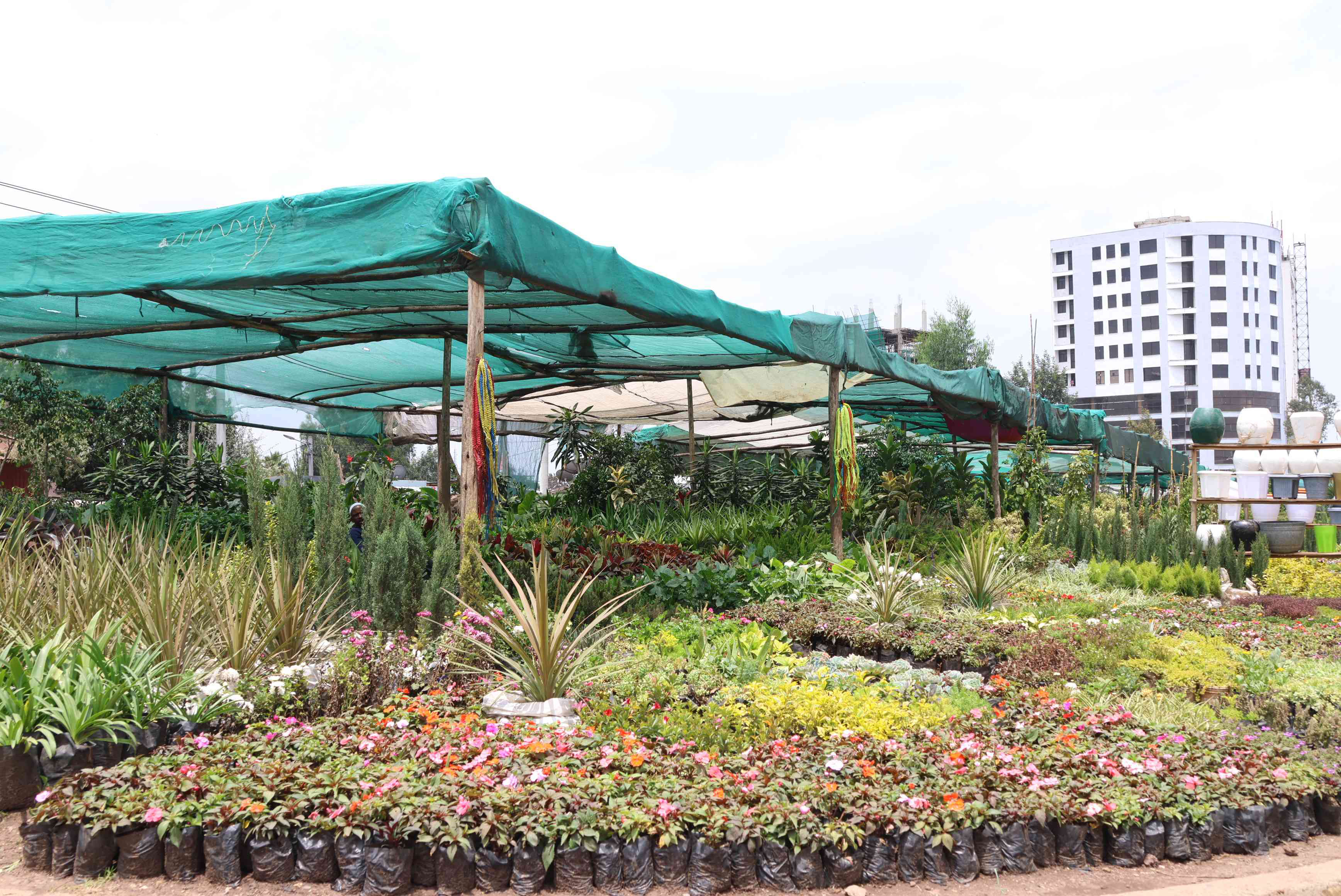
Jul 27 , 2025 . By RUTH BERHANU
As Addis Abeba ushers in this year's rainy season, city officials have committed to planting 4.2 million...

Jul 27 , 2025 . By BEZAWIT HULUAGER
Ethio telecom's latest annual performance review painted a picture of rapid infrastructural expansion and...
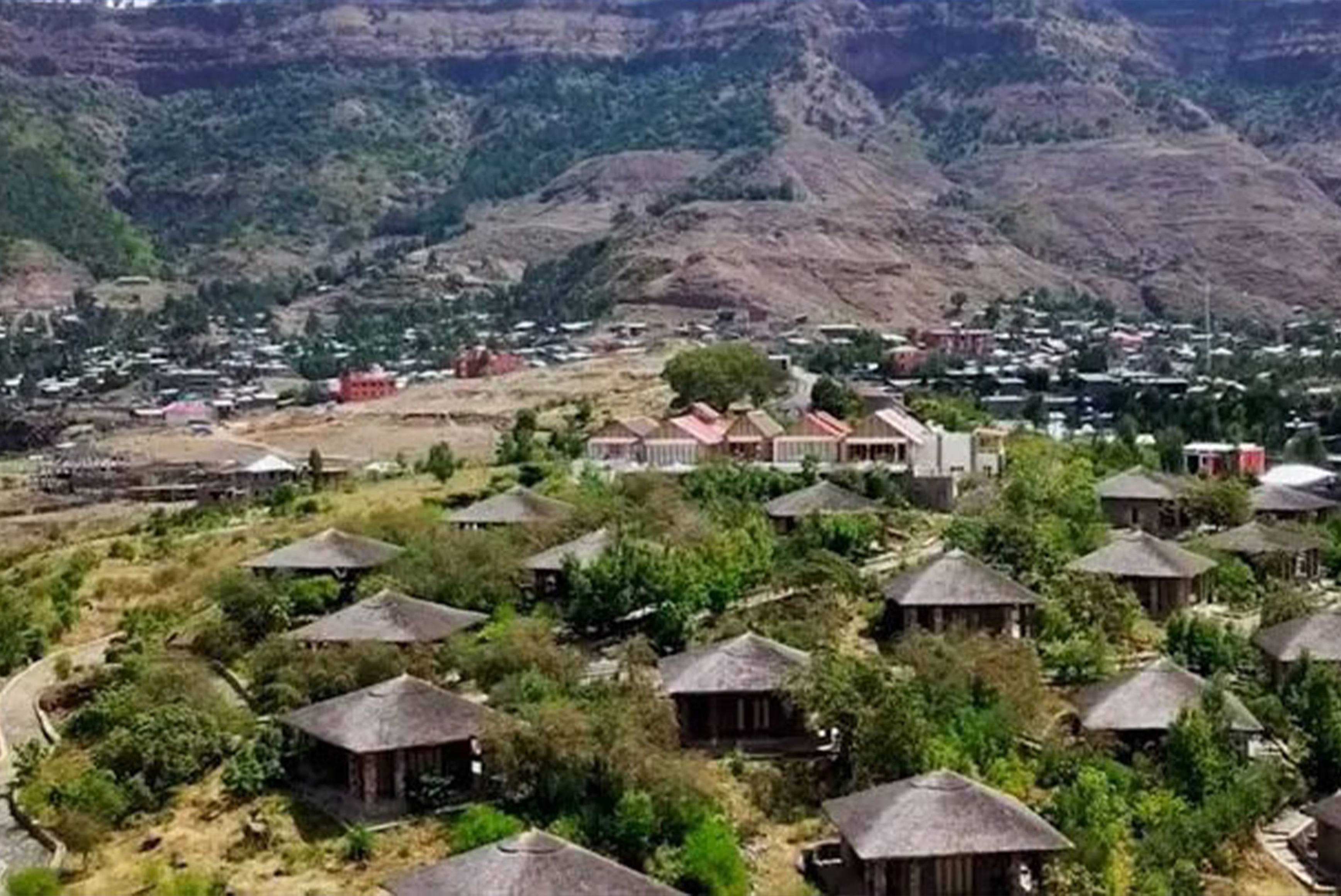
Jul 27 , 2025 . By BEZAWIT HULUAGER
Once a crown jewel of the country's tourism circuit and a beacon for international pilgrims, Lalibela now...